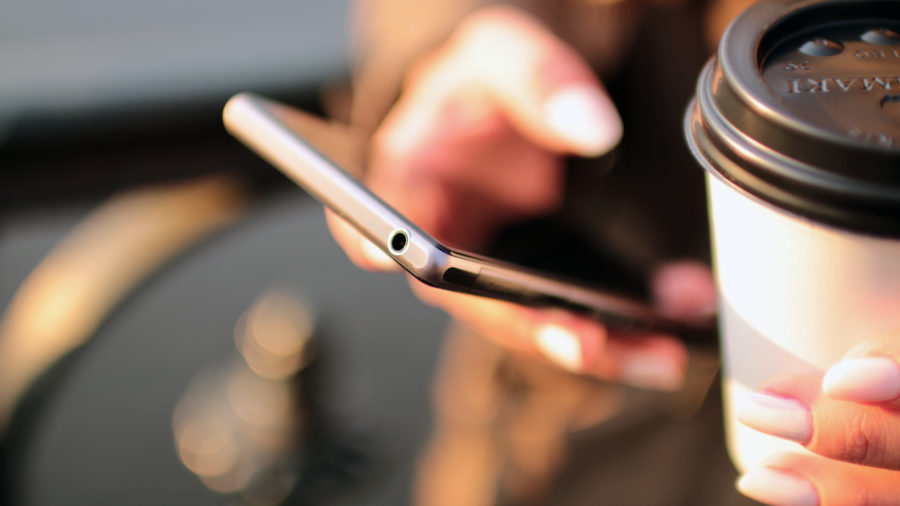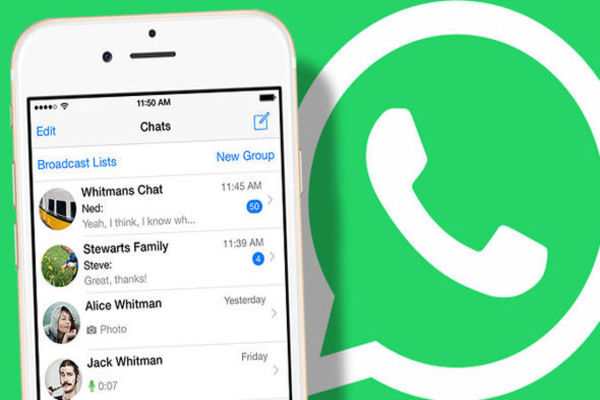It seems as if whatever channel you flip or social media you visit; there is news on some kind of security breach for mobile phones. When IOS9 was introduced as iOS 9.3.5 many of its vulnerabilities were exposed by the NSO Group, which are manufacturer of surveillance softwares intended for reading texts, emails, record voices and even get call logs and know the locations of the users but Apple did release a security repair soon.

All of the mobile phone hacks aren’t just happening in an empty space in fact Mobile malware has been institutionalized as a cybercriminal activity. In a Pew Research Center Report of 2015 it was found that almost two-thirds of Americans have a smart phone and almost 5 out of those do all their browsing on their cell phone instead of a computer. Hence the fact is that more and more people are shifting to mobile phones for browsing than the computers and more cybercriminals are on the verge of getting an opportunity to hack in.
Mobile Malware is definitely on the rise!
As the percentage of people who are using their phones for going online and doing tasks is drastically increasing so is the memory of the phone used for storing personal information and data. The 2015 Pew Research Center Report also told that almost 57 percent of smart phone users are using their cell phones for online banking.

However online banking is only where it gets started. The next one is the GPS that tracks your real time location while many mobile phone apps asks you to allow them to gain access to the data on your phone. You can also get online boarding passes through texts and many codes are received on cell phones for signing in to your account, social media publishes your pictures, videos and other data while fitness apps keeps a track of your eating and steps you take in a day- so there is tons of data that any cybercriminal can use to fulfill their ulterior motives.
What are the Security issues with cell phones?
There are multiple factors that add to the weakening of the mobile security however what tops the list is the fact how easily mobile phones are lost, misplaced and stolen and eventually fall into wrong hands. Mobile phones travel with their users everywhere which means there are ever increasing chances of losing it anywhere you go. Then once any criminal has access to your mobile phone they are only a step away from hacking your sensitive data.
However on the second number the huge factor that adds to mobile security is the reliability of the third-party apps. They are not filtered or sifted through by major stores such as iTunes and Google Play, therefore they haven’t even passed the basic level of security. Apple although has highly strict laws regarding apps as they can only be downloaded from iStore hence are definitely more reliable.

Moreover, mobile users don’t tend to update their softwares as regularly as they do on computers and devices because updating the softwares on mobile phones requires memory space and battery and many of us are always low on both! Each time a software update is prolonged on the cell phone, the cybercriminal gets more of an opportunity to take advantage of the security loopholes of the device.
Having said all this cell phones are indeed at equal risks as a laptop or a desktop particularly for users who are carefree about their security when surfing online. Social engineering in faces of scams and phishing can infect the devices of users who check their mail, use a Facebook and other social networks on a regular basis. The laptops and desktops have in built firewalls, antivirus and antispyware softwares to tackle the damages caused by malware however mobile phones rely on their operating system and their apps keep themselves safe.
How to keep your Mobile Device Secure?
The only conclusion to all the discussion we had is that cell phone users need to be more alert and careful when it comes to cyber security. Listed below are some ways to stay vigilant on your phone, data and personal security:

- The first thing to do is to keep your phone password protected with a pass code or a fingerprint lock. So even if you forget your cell phone at some counter of a bakery or if it falls out of your pocket, the cybercriminal will have to get through the lock first to access your phone. Then keep the password lock time as minimal as possible.
- You must encrypt your data if it isn’t already set as default on your cell phone. This can be highly beneficial when it comes to protecting personal data, business documents and banking details.
- You must enable the remote wipe option so that if your phone is stolen or gets lost, you can simply format all your data from a remote location and keep it away from criminals. You can make use of this setting to know the exact location of the phone.
- Consider backing up your data every now and then. Connect your cell phone with a cloud service for automatic back up but if you are not a huge fan of the cloud, simply connect your cell phone to your desktop or laptop to keep a copy of your images, videos and other documents.
- Keep the use of third-party apps to as minimum as you can. If you own an iPhone, you will not be given much of a choice on these third party apps but from the owners of Android stick to Google Play and do not let alien anonymous apps from getting into your phone. If you do have to make use of the third party apps, be sure that you are not using a malware affected app.
- Do not jailbreak your iPhone or root your Android handheld device. While both the processes are totally different the end conclusion is that you are overruling the manufacturer’s decision on how the device is suppose to operate and undermining the security.
- Remember to update your operating systems regularly. Whenever that reminder pops up on your phone’s screen, don’t become lazy and ignore it to a “later”. Simply get your phone charging, free up some space and get on with the update installation as soon as possible.
- Stay alert on the social engineering scams. Cybercriminals are trained in hacking into baking apps, steal personal information and email links with malware. Any form of file or email that looks even remotely fishy, trust your gut and get rid of it.
- Make use of public networks as less as possible. True, nobody wants to finish all their mobile data but remember that public networks are always insecure so make sure you avoid making online transactions or sharing sensitive information over it. Try using the VPN service to get your data encrypted.
- Install anti-malware softwares on your cell phone so that if you have already downloaded a malicious app, the anti-malware can do its job and keep you protected!
There is always a high likelihood that you make use of your phone to do a lot of online work and if you are indeed going through this article, try taking a step ahead and get on top of your mobile security!
